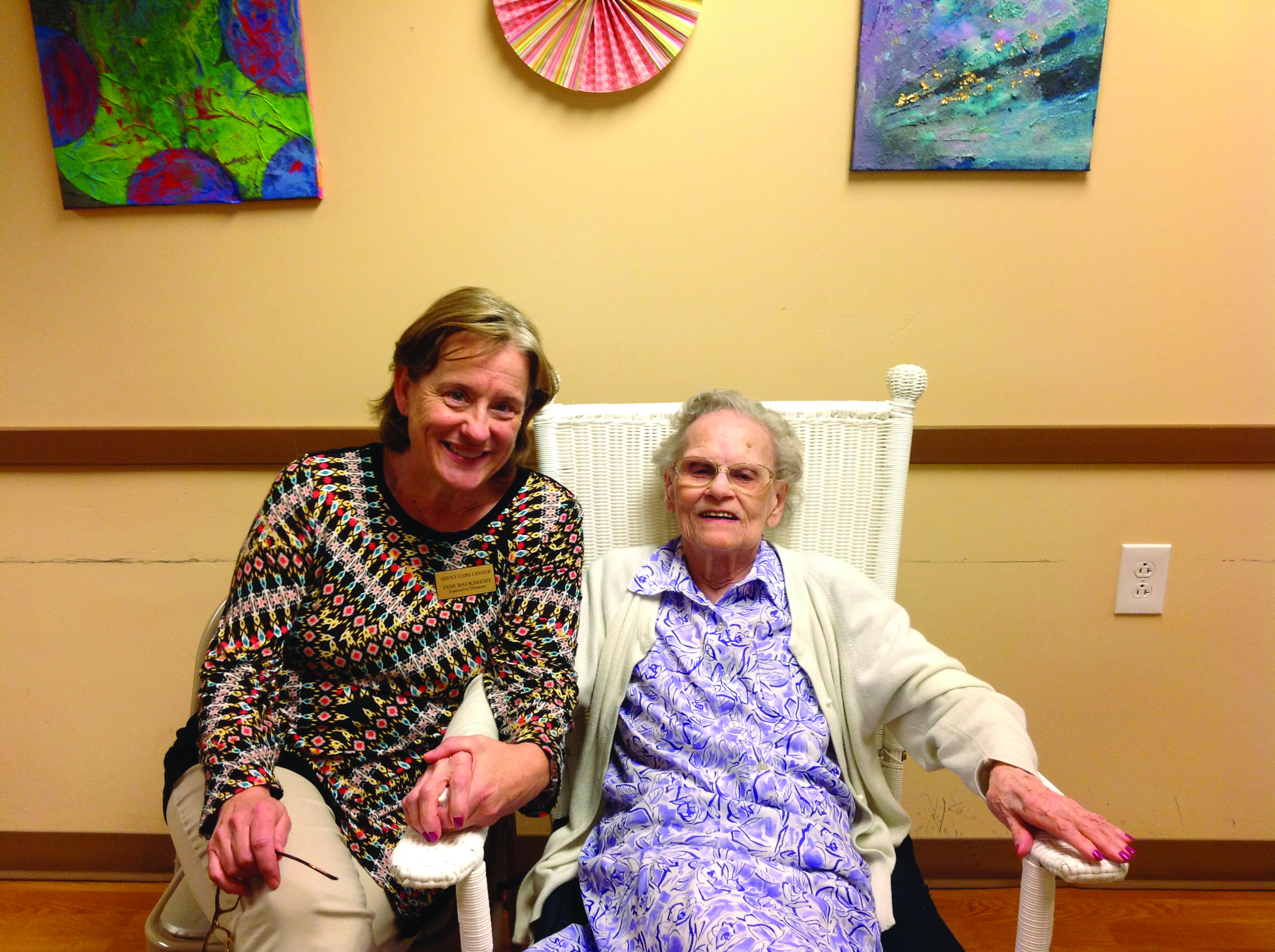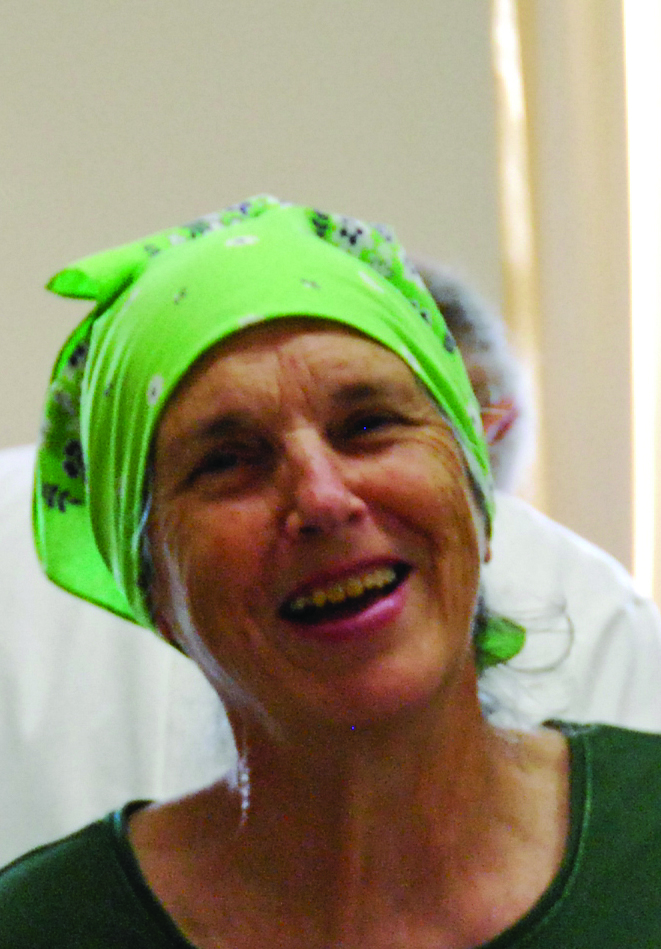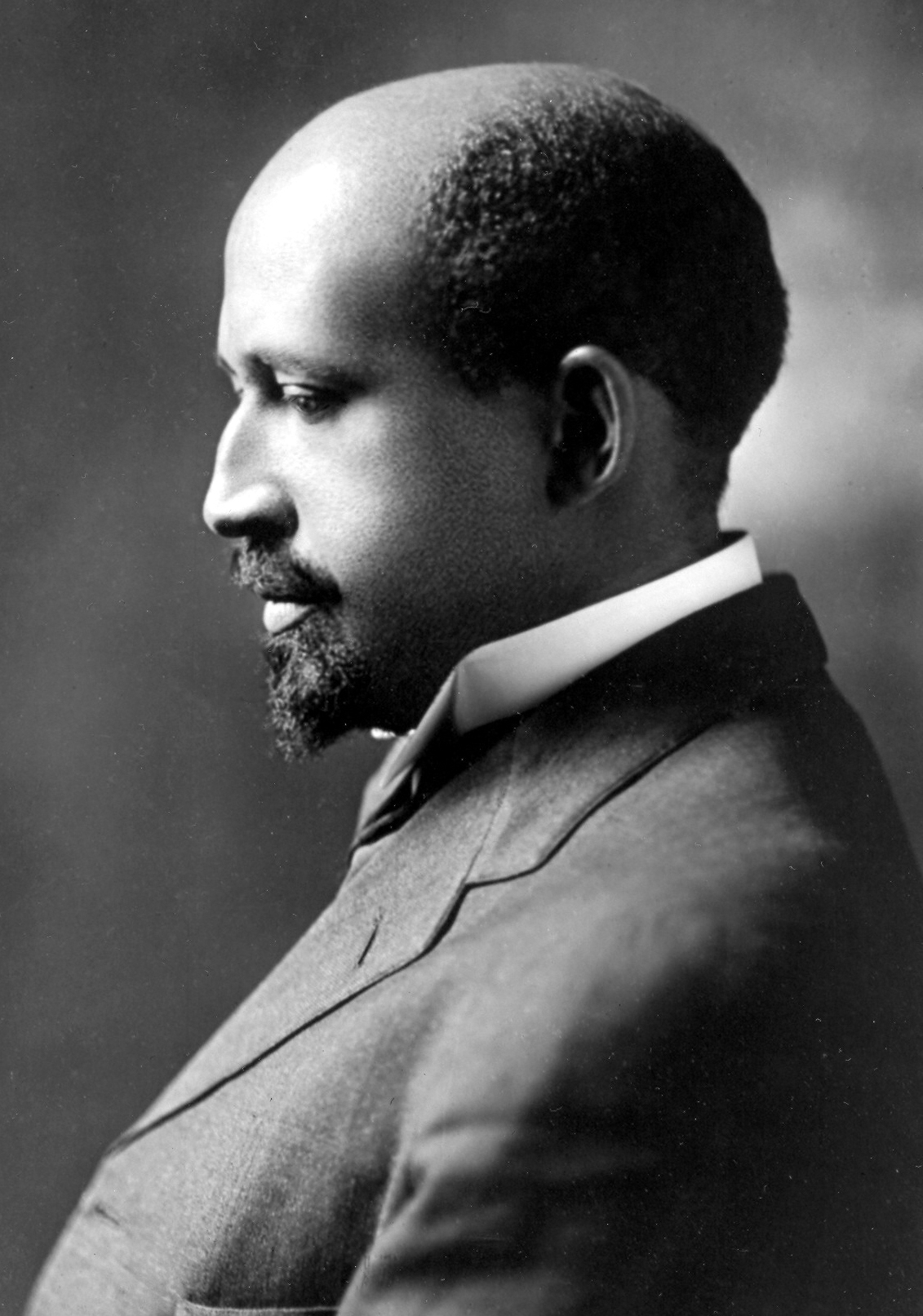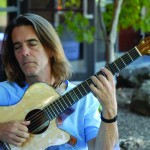Sixty-Three to Ninety-Nine
The Adult Care Center is Here for Your Family
By Jess Clawson
The Adult Care Center (ACC) in Winchester is a nonprofit offering a vibrant day program for adults with conditions affecting memory and independence. It provides support for the families who choose to keep their loved ones at home. 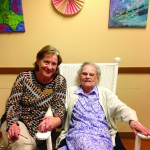
The ACC serves clients in Winchester, Frederick County, Clarke County, and the surrounding area. It is the only organization in the Northern Shenandoah Valley exclusively dedicated and licensed to provide a day program for adults who need supervision or assistance. The center has formed a strong approach to client engagement, health monitoring, and caregiver support since its establishment in 1993. The ACC aims to keep loved ones in the home and active in the community for as long as possible.
According to Executive Director Jane Bauknecht, the ACC “offers many research-based activities that encourage, engage, and enrich the participant. Effective redirection techniques are used throughout the day as needed.” Age-appropriate activities exercise the mind and body and are both recreational and therapeutic in scope including music therapy, music and spirituality, drum circle, an intergenerational program with children from the Fremont Street Nursery, expressive art, daily exercise including the use of weights and bands, aromatherapy, weekly matinee, and more. These activities “enable persons with conditions affecting memory and independence to be supported through various stages of their disease,” she says.
The ACC is a cost-effective care option for families. “Many households who use the Center are people who have to go to work, but need an affordable place for their loved one to be during the day,” says Bauknecht. “Thus, they drop their loved one off in the morning on their way to their employment, and pick them up when the workday is over.”
Others use the service part-time because “they just need an opportunity to have a few days a week to get chores done, or take a break from the demands of 24-hour care giving,” says Bauknecht. “It is so important to caregivers, who work so hard to take care of their loved ones, also value their own health and take measures to look after themselves.”
The ACC is located in the Snapp Foundry Building on Cameron Street in Winchester. It is open 7:30am to 5:30pm, Monday through Friday. Rates range from $59 to $63 per day depending on frequency of attendance. For that rate, participants receive the services of a registered nurse for needs like medication administration and medical monitoring, certified nursing assistance for assistance with personal care, and an activity program planned and implemented by a board-certified music therapist with 16 years of experience. The Activity Director has a full-time assistant and a part-time assistant; the latter is working on her master’s degree in music therapy.
The ACC is also a Medicaid provider, and has some limited scholarship grants from the Virginia Department on Aging and Rehabilitative Services for those who are not Medicaid eligible but need financial assistance. Bauknecht points out that the ACC has a contract with the Veteran’s Administration. “If funding is available, eligible veterans may be financially supported two days a week at the Center,” she says. Also, because registered nurse services are offered, some people may have coverage through their long-term care insurance.
The staff of the ACC is its greatest asset. “Day in and day out they come wanting to make it special for our participants,” Bauknecht says. Everyone gets involved with the activities, even if those are not necessarily in their job descriptions. “When the [certified nursing assistants] are done with their rounds of personal care, and the drum circle is going on, they are helping to keep rhythm, or assisting someone with their instrument discreetly, thinking about adding range of motion.”
All around, the staff members have a solid work ethic and pitch in to ensure quality of care for patients. “Discreet medical care, top-notch certified nursing care, an activity program that is second to none, and staff that does everything from computer work to kitchen duty to end-of-day clean up, I hold this staff in the highest esteem,” Bauknecht says. “It’s a professional business, but it’s a mission too.”
Since its founding, the ACC has served several hundred participants across the age spectrum and with a variety of diagnoses. The center resulted from a group called the Aging Forum who formed in the late 1980s and identified an unmet need in the community. In 1993, the ACC opened for four hours a week until it got a grant from the Center on Rural Development in 1994. Over time, the ACC grew and expanded, changing locations until it landed on the Our Health campus in Winchester in 2011.
Bauknecht appreciates the hard work of the Board of Directors who have successfully written two grants from the Administration on Aging. “With those grants, the Center contracted with Michael Rohrbacher, former music therapy professor at Shenandoah University, and studied the seven areas of music therapy,” she says. “From this research, a monograph for a college curriculum course was produced.”
“The second grant from the Administration on Aging was to study complementary and alternative therapy modalities for persons with Alzheimer’s disease in an adult day health care setting,” Bauknecht says. “The research project included aroma therapy, horticulture, music therapy, music and spirituality, art therapy, Oshiatsu, and hand massage.
These grants really catapulted the Center in its work with dementia clients,” she says.
The ACC has also received support from many civic groups, businesses, and individuals who have helped to purchase equipment and supplies for the program.
Going forward, Bauknecht wants to “continue to work on our programming and be the best we can be at creating a good environment for persons with memory loss. And of course write more grants to purchase the things we want to make those great activities happen.” She believes in the important work the center does to make a difference for those with memory loss.
Bauknecht makes the values of the center clear, especially approaching their work with compassion and interest. “We are not merely custodians of care; we are here to make a positive impact,” she says. “Over the years we have seen where our activities can help calm someone who is agitated, and can engage someone who might otherwise be isolated and non-communicative. We have seen where specific exercises can help with range of motion and improve gait and stamina.”
Even clients initially resistant to attending adjust and become engaged within a short period of time. “It is an incredible thing to see a group of persons with memory impairment working together to make music in drum circle, or actively participate in music and spirituality, or paint for an hour on a canvas, or laugh with the person sitting next to them,” says Bauknecht.
The staff at the ACC focus on helping people see not the losses that accompany Alzheimer’s disease. “We want to turn that upside down and say ‘look at all that remains,’ and how can we best honor the dignity of the individual as the disease progresses, and be of the most help,” Bauknecht says.
“Our belief really is, and has been all these years, that our participants need and deserve a welcoming community; one that offers fun and interesting things to do as the person ages,” says Bauknecht. “As the Baby Boomers age, so much is written about healthy aging, staying fit mentally and physically, having options available, etc. Persons with memory loss deserve the same – the opportunity to participate in an environment that is supportive, beneficial, and ever-evolving.”
Part of that beneficial environment is art therapy. “Since 2004, expressive art has been an integral part of ACC’s activity program,” says Activity Director Tara Lescalleet. This program is grant-funded through the Administration of Aging. “As a society we sometimes struggle with age appropriateness, knowing individuals suffering from [Alzheimer’s disease] or other neurological diseases are limited in their cognitive abilities,” she says. “Moving forward in the person-centered realm of thinking, we shift our focus to find ‘abilities’ within ‘disabilities’ by utilizing their preserved strengths to maximize optimum potential.”
Expressive art has become a “go-to activity,” Lescalleet says. It occurs three times a week for about 45 minutes, and clients regularly ask to paint.
People with Alzheimer’s have increasingly limited opportunities to make decisions for themselves as their disease progresses. Art gives people opportunities to make decisions, such as brush size, paint selection, and use of other materials. Some projects are collaborative, allowing individuals to highlight their skill sets without becoming frustrated or overwhelmed.
An art appreciation activity takes place after the session ends. “This allows participants to give each artist recognition and praise for his or her accomplishments,” Lescalleet says. Participants describe the images, discuss what they like or do not like, and name the pieces. “Evoking creativity and emotion take on a new dimension when participants have that kind of recall in the ‘here and now’ moment along with a sense of self-validation.”
The art program is also beneficial for families. “Knowing that their loved one is not emotionally trapped by this disease and they are able to enhance their quality of life in other facets” is “a sentimental gift to the family holding on to that healthy aspect of their loved one’s life,” Lescalleet says.
The ACC’s Art on the Brain program, which holds exhibits all around the Winchester area, comes from their art therapy. “This particular event showcases the center’s artwork by individuals with dementia and also builds a sense of community awareness,” according to Lescalleet.
Music also gives clients a multi-sensory experience that evokes both cognitive and physical responses. The music therapy program addresses everyday skills like communication, cognition, socialization, motor skills, and emotions. Lescalleet says the purpose of the music therapy program at the ACC is to “redirect behavior (such as anxiety and agitation), restore communication (verbal and nonverbal), maintain cognitive and physical abilities, prevent falls, and overall enhance one’s quality of life. Shifting focus from limitation to potential is the obtainable goal in mind.”
Music also invites participation in a way each individual is comfortable with. Many people with dementia become socially isolated because of their cognitive limitations. “Incorporating familiar age-appropriate tunes, visual, instruments, and movements using various supplemental materials, encourage the potential for positive outcomes,” says Lescalleet.
One-on-one music therapy sessions are now being offered to suit the individuals’ goals, and personal music playlists are being developed for each participant. “Our intention is to capture meaningful memories, which in turn facilitate a reflection of each individual’s life,” Lescalleet says.
The ACC is a one-of-a-kind experience in the Northern Shenandoah Valley for adults who need assistance and their families. The thoughtful programs ensure that clients are continually engaged with the staff and each other, and have opportunities for expression and socialization. Their appreciation for the life experiences of people who are commonly viewed with a deficit perspective ensures that people with dementia are treated with dignity and respect.

